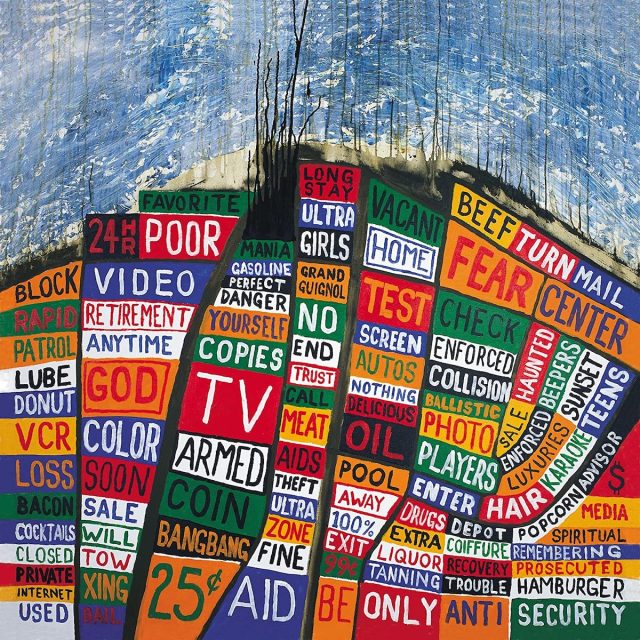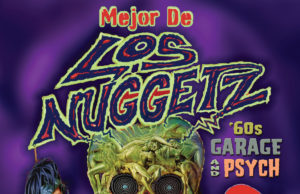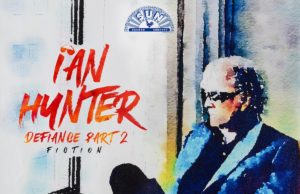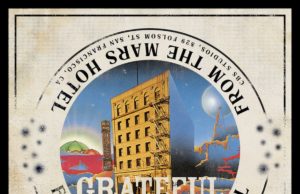This came out in 2003 – or at least that’s when I got it. Here’s what I said about it back then (with some minor editing):
After you’ve reinvented the wheel, what do you do for an encore? Well, if you’re Radiohead, you figure out a way to make it go in reverse.
Three years ago, Thom Yorke and his mates chucked the rock rule book on their landmark album Kid A. Did I say chucked? Make that incinerated. Strikingly original, enigmatically compelling and just plain bloody awesome, Kid A was an artistic masterstroke and a commercial milestone. Critics dubbed it album of the year. Fans called one of the best albums of all time. Hype aside, it was a record that would be almost impossible to top.
Wisely, Radiohead didn’t even bother to try. Instead, they issued a leftovers album (Amnesiac) and a live disc (I Might Be Wrong) to cleanse their palates and empty their closets. But while those discs found them more or less running in place, Kid A’s long-awaited (and much-bootlegged) studio followup Hail To The Thief, in stores Tuesday, sees them turning in a surprising new direction — taking a step back to go forward.
Ambitious yet approachable, brilliant yet ballsy, conceptual yet commercial, Hail To The Thief neatly and effectively bridges the vast musical chasm between the complex, epic prog-rock of 1997’s OK Computer and the scritchy, claustrophobic posteverythingism of Kid A. On the one hand, you’ve got the adventurous elements that made them the U.K.’s most respected band: The buzzy soundscapes, the random bleep-bloop synths, the skittery beatboxes and techno-geek grooves, the paranoid ambience, the knob-twiddling production, the stream-of-consciousness arrangements. This time, though, they co-exist with more traditional (or at least more recognizable) ingredients: Guitars that sound like guitars and not howling dinosaurs, drums that sound like drums and not malfunctioning robots, and pianos that sound like pianos and not fracturing ice crystals. Unlike Kid A, HTTT’s 14 songs often sound like, well, songs. These are pieces the band could easily play — and in many cases, already have played — in a live setting.
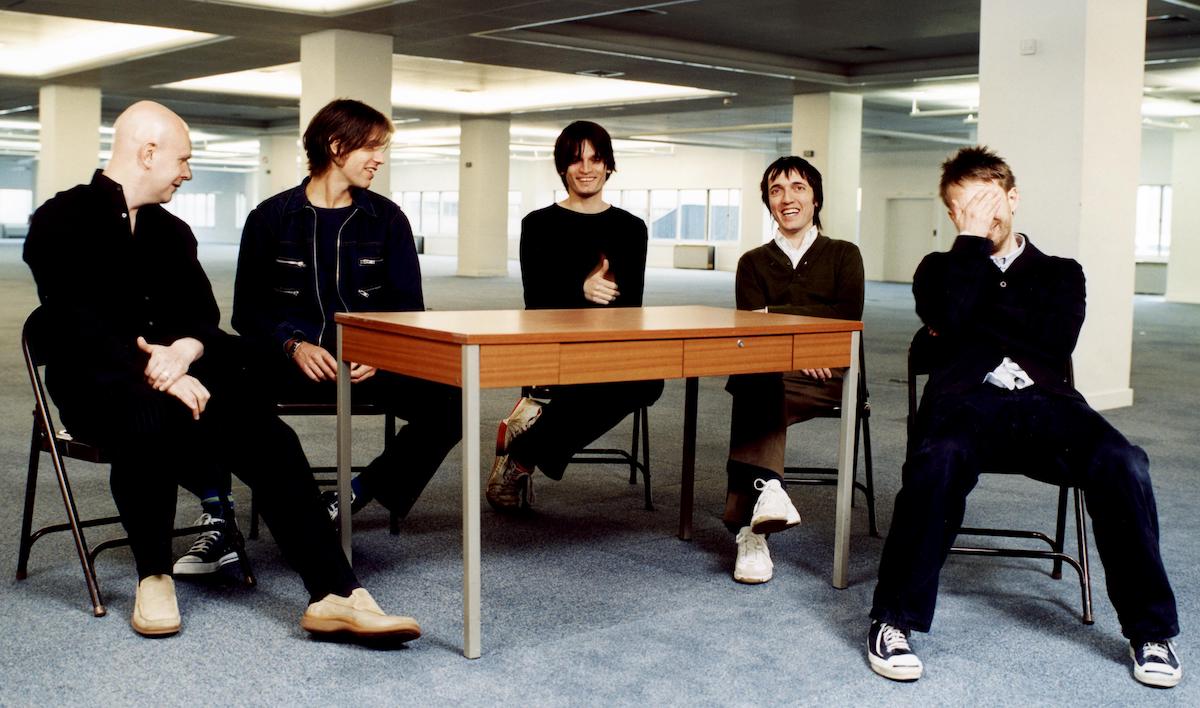
And while Yorke hasn’t gone so far as to include any arena-rock choruses, HTTT is less lyrically inscrutable than its predecessor. Titled after a book about George Bush’s election victory, HTTT packs all the cynicism, suspicion and dire prophecy of a conspiracy theorist. The first lines of opening track 2+2=5 could be a direct challenge to Dubya: “Are you such a dreamer / To put the world to rights?” Yorke asks in his unmistakable bleat over a tensely quiet 7/8 groove, which dips and swoons before erupting into an angular slice of choppy, old-style Radiohead Britrock. “It’s the devil’s way now,” he charges. “There is no way out / You can scream and you can shout.”
That track sets the political and emotional tone for an album liberally peppered with finger-pointing, images of oppression and urgent warnings. “We don’t really want a monster taking over,” cautions Go To Sleep atop a bed of strummy acoustic guitars. “You’ve come here just to start a fight,” challenges the surprisingly funky A Punch Up At A Wedding. “I won’t let this happen to my children,” vows the tender, languid ballad I Will. And so on. Perhaps the dusty, twilit electronica construct The Gloaming says it best: “It is now the witching hour / Murderers, you’re murderers / We are not the same as you,” Yorke dolefully mutters, repeating the album’s core message like a fearful mantra: “Your alarm bells / They should be ringing / They should be ringing.”
Not all of Hail To The Thief has political overtones. We Suck Young Blood is an indictment of the entertainment industry’s eternal pursuit of the Next Big Thing, set to a glacially slow piano-and-handclap dirge reminiscent of a Gregorian chant. Where I End And You Begin, despite its rubbery bass groove and Frippertronic guitar swirls, is a tale of obsessive love. Likewise, the burbling electronics of Backdrift anchor a confession of doomed romance: “I’m backsliding … We tried but there was nothing we could do.”
Backsliding? Radiohead? Well, maybe just a little. But in a good way. After all, once you’ve reinvented the wheel, you may as well see where it takes you.
















